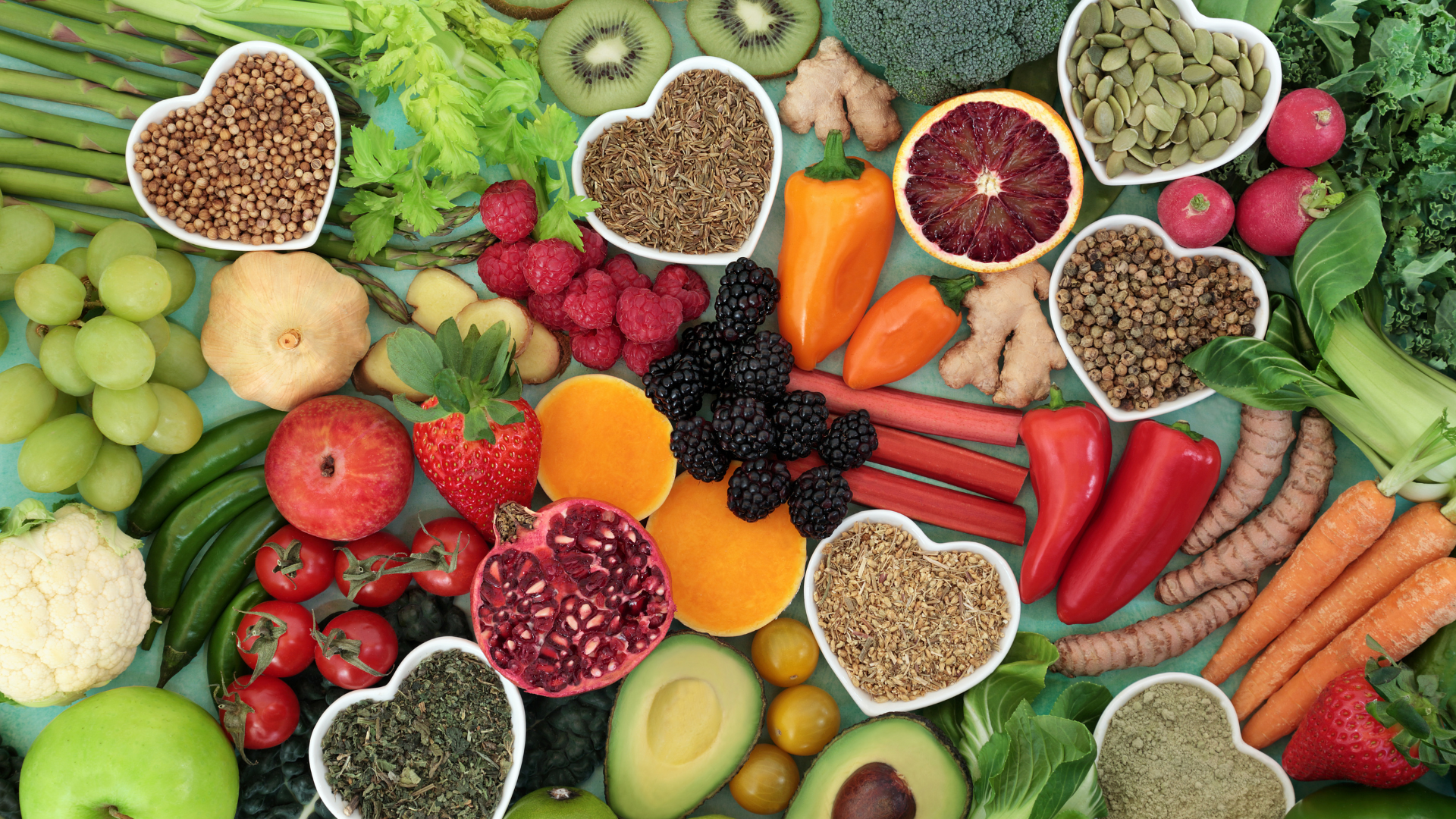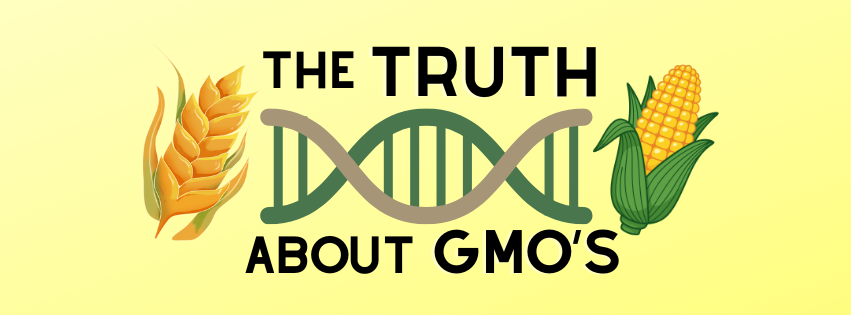Menopause
This information is not intended to replace appropriate medical advice. Please check product labels for contraindications or drug interactions or consult your pharmacist. These suggestions are based on the advice of natural health care professionals and our 40 years of customer experience at Jo Anne's Place.
To move comfortably through menopause these three key systems need support. The adrenal glands, which take over hormone production, the thyroid which controls body temperature, and the liver responsible for deactivating hormones. Implement as many of these suggestions as possible.
Diet plays a key role in providing maximum nutrition to support the liver, thyroid, lymphatic system and adrenals so their energy can be focused on re-establishing balance.
A Healing Diet:
- Chlorine can disrupt thyroid function. Drink 7-10 glasses of filtered or spring water.
- Consume a diet that is 75-80% alkaline forming.
Extremely important.
- Go organic. Pesticides and chemicals give your liver more work to do!
- Rely on fruits, vegetables, raw seeds and nuts, legumes, beans, and whole grains as your diet mainstays. Avoid wheat unless sprouted.
- Fermented tempeh and miso are a natural source of phytoestrogen.
- Have complete protein no later than lunch for better digestion of amino acids.
- Consume 1-3 tablespoons of ground flax daily. Lignin fibers act as hormone modulators. A good source of fiber and essential fatty acids.
- 1-2 tsp apple cider vinegar and honey (opt) in water with meals corrects pH, balances blood sugar, reduces fat storage, and provides important trace minerals.
- Use Herbamare in place of salt. Contains kelp to balance the thyroid gland.
Cook gently. High heat generates acrylamides and advanced glycation end products.
Basic Supplements
- Bio-Strath – corrects PH, increases stress tolerance, improves digestion, supports liver and adrenal glands.
- Vitamin C 500 – 1,000 mg (winter months) – antioxidant, anti-inflammatory.
- Vitamin D 8,000 IU for one month then reduce to the upper limit of 4,000 IU daily – steroid precursor, anti-inflammatory, necessary for calcium absorption.
- Magnesium – relaxes muscles, helps with sleep and anxiety.
- Omega 3 fatty acids plus gamma linolenic acid (GLA)- to balance hormones.
- Probiotic – use intermittently to improve digestion and mood.
The basic supplements are recommended for ongoing maintenance of good health. The following are suggested to alleviate symptoms of menopause.
Special Care - for short term use
- In a large clinical study women taking 400 IU vitamin E with 500 mg curcumin experienced significantly fewer hot flashes.
- Use a menopause formula to relieve symptoms
and/or:
- Maca to support adrenals, balance hormones, relieve fatigue and mental fog and/or:
- Flor-Essence to detoxify and support adrenal, thyroid, and liver functions.
- Homeopathic Sepia can help temporarily reduce many menopause symptoms.
Helpful Herbal Teas
Holy Basil – promotes a feeling of wellbeing.
Ginger – helps with digestive issues.
Chamomile – reduces stress, improves thyroid function, aids in digestion.
Fennel - provides an estrogen boost that may help to decrease night-time hot flashes.
Sage - has drying effect to reduce sweating.
Additional Tips & Advice:
- Dry body brush 2-3 weekly to promote lymphatic drainage and detoxification.
- Low nitric oxide may contribute to hot flashes. Perform 4-Minute Workout by Dr Zack Bush 2-3 times daily, check it out
here
- Mix several drops of peppermint oil with water in a small spray bottle. At the start of a hot flash: relax – breathe – spray neck, chest and pulse points to cool down.
- Single use plastics, conventional canned goods, household cleaners and many cosmetics are sources of hormone interrupters like bisphenol A. As you use them up, replace them with chemical free alternatives.
- Limit EMF exposure. Cell phones have a negative impact on the thyroid gland.
- Fresh air and exercise are a health essential that will leave you feeling more balanced. Breathe deeply. Exhale completely. The lungs are a major pathway for elimination.
- Avoid stressful situations. Set personal boundaries. Now is a time to put your own peace of mind first, something many women have a hard time doing!
- Keeping a journal can be a good outlet for thoughts and emotions that can otherwise seem overwhelming. It also helps track your progress through the process.
If you are having a really difficult time reach out to your support network.
The staff at Jo Anne’s Place are here for you, too!










